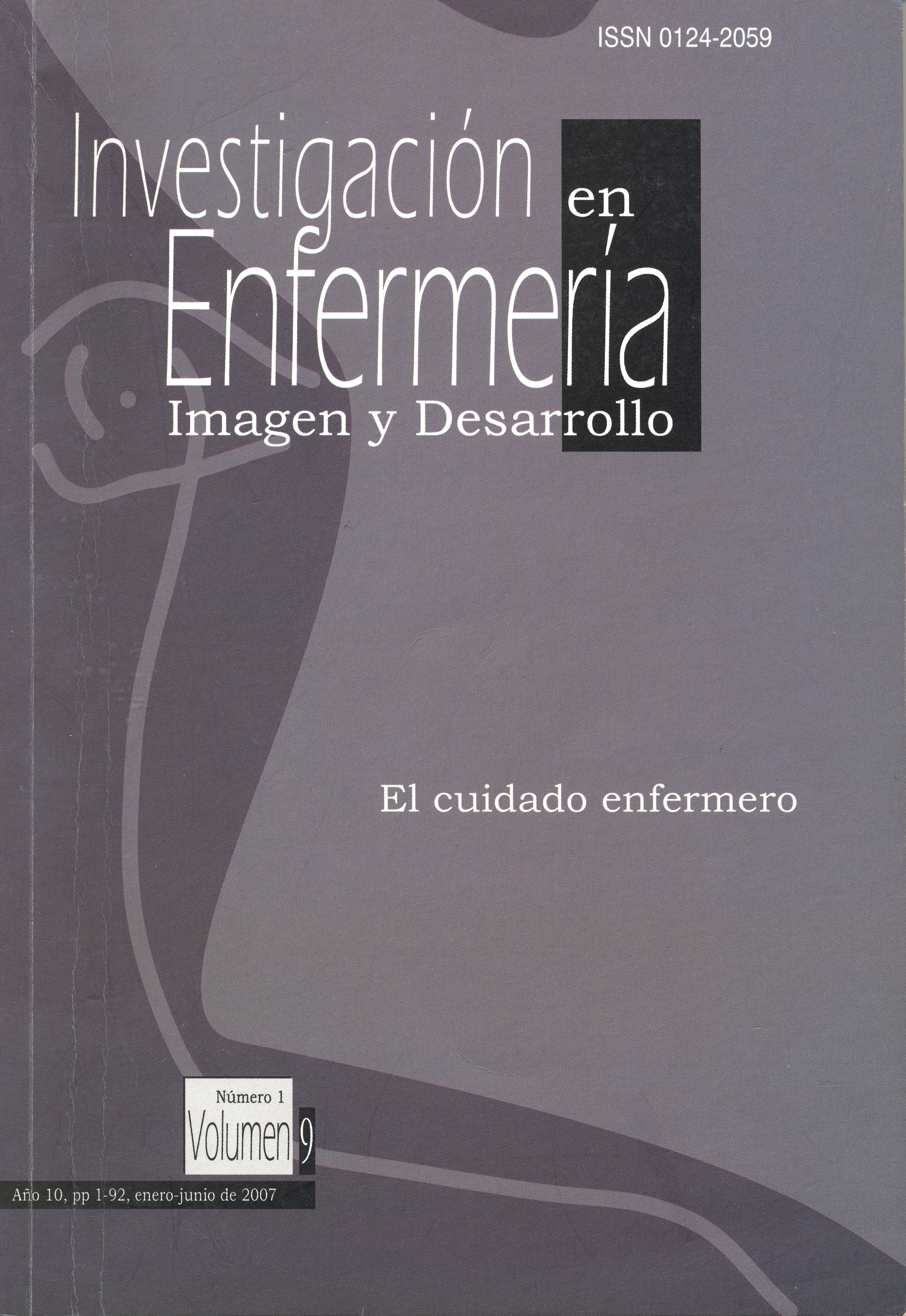Resumen
En este artículo se presenta la adhesión como problema de salud pública y como objeto de investigación en los pacientes que asisten a control ambulatorio psiquiátrico. Durante las últimas décadas ha cobrado importancia el tema de la adherencia al tratamiento, en especial el del control ambulatorio, pues la falta de adhesión disminuye la efectividad de los tratamientos, en razón a que los pacientes no siguen adecuadamente las indicaciones dadas por los profesionales de la salud. Aunque probablemente la mayoría esté de acuerdo en que el problema de la falta de adhesión existe, no siempre se analizan a fondo las razones de esta situación y, sobre todo, no se conocen o no se utilizan estrategias para mejorar la adhesion del paciente al tratamiento. Debido a que la desaparición del consultorio es una de sus formas más comunes y graves, el control de la asistencia del paciente a la consulta es una de las tácticas más importantes en el seguimiento de los pacientes ambulatorios, dada su simplicidad y efectividad.
ABSTRACT
In this paper of review it is presented the problem of adherence. The adherence as a public health problem and the adherence as a research object between patients visiting psychiatric ambulatory control. During the last decade it's been raising in importance the subject of adherence to the treatment, and specially the adherence to the ambulatory control. It is a fact, that lose a of adherence undermines the treatment efficiency because of the patients who doesn't follow correctly the directions given by the professional medical personal. The therapeutics of adherence has its own history and its conceptualization has been socially shaped. Adherence is related to an ideology that transforms the professional medical personal, the strategies of medical research, the results of the treatments and the entire group of policies around the professional medical personal and the health authorities. Even if the majority of medical personal can agree that lose of adherence exists, its causes are not always fully analyzed and the most important, we have no precise knowledge about how to imporve the patient adherence to the treatment. Due to the disappearance of the medical bureau, the control of the patient presence at the medical control appears to be one of the most important tactics in the tracking of ambulatory patients thanks to its simplicity and efficiency.
La revista Investigación en Enfermería. Imagen y Desarrollo se encuentra registrada bajo la licencia Creative Commons Reconocimiento 4.0 Internacional. Por lo tanto, esta obra se puede reproducir, distribuir y comunicar públicamente en formato digital, siempre que se reconozca el nombre de los autores y a la Pontificia Universidad Javeriana. Se permite citar, adaptar, transformar, autoarchivar, republicar y crear a partir del material, para cualquier finalidad (incluso comercial), siempre que se reconozca adecuadamente la autoría, se proporcione un enlace a la obra original y se indique si se han realizado cambios. La Pontificia Universidad Javeriana no retiene los derechos sobre las obras publicadas y los contenidos son responsabilidad exclusiva de los autores, quienes conservan sus derechos morales, intelectuales, de privacidad y publicidad.
El aval sobre la intervención de la obra (revisión, corrección de estilo, traducción, diagramación) y su posterior divulgación se otorga mediante una licencia de uso y no a través de una cesión de derechos, lo que representa que la revista y la Pontificia Universidad Javeriana se eximen de cualquier responsabilidad que se pueda derivar de una mala práctica ética por parte de los autores. En consecuencia de la protección brindada por la licencia de uso, la revista no se encuentra en la obligación de publicar retractaciones o modificar la información ya publicada, a no ser que la errata surja del proceso de gestión editorial. La publicación de contenidos en esta revista no representa regalías para los contribuyentes.


